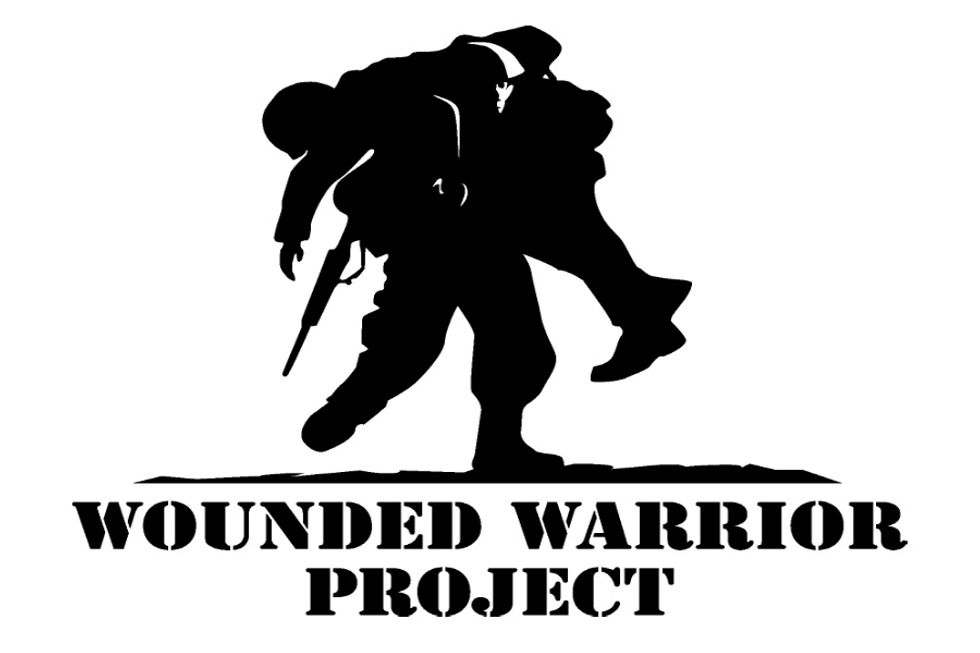The Wounded Warrior Project was established in 2003 in Roanoke, Virginia. Upon returning from Afghanistan and Iraq stories of surviving soldiers began to circulate and moved many people. Several veterans and friends took action to assist the fighters in these stories by starting the Wounded Warrior Project (WWP). The program simply started by providing comforting items and services for those in need. The WWP has grown over the years and now serves as a complete rehabilitative effort for warriors easing back in to civilian life. Thousands of wounded warriors receive care and special service from the WWP each year.
With its headquarters located in Jacksonville, Florida, the WWP is a national organization that offers services throughout the entire country regardless if there is a location near. Although you can find the works of the WWP in every city where a soldier is in need, there are twelve office locations in the following states: Georgia, Illinois, Colorado, Carolina, Florida, Tennessee, New York, Arizona, Texas California, Washington, and Washington, District of Colombia.
The WWP offers a countless number of services and support for soldiers and their families. The WWP services are divided into four categories, Mind, Body, Economic Empowerment, and Engagement. Under the “Mind” category soldiers can receive family support, and can also chose to go through the Combat Stress Recovery Program. Many soldiers suffer from disorders such as PTSD, and the “Mind” category provides many ways to cope with such disorders.
A number of physical health and wellness service make up the body category. Many of the returning soldiers will be left with missing limbs, scars, and disabilities that they must learn how to live with post war. Another service provided in the “body” category is the distribution of WWP backpacks. These backpacks are given to warriors during their hospital stays at trauma centers. These backpacks include essential care and comfort items one may need during an elongated hospital stay.
Upon return to civilian life the “Economic Empowerment” sector provides warriors with assistance in education and economical endeavors. The WWP provides the TRACK program, which is an onsite one year program to help warriors reach their educational goals, leading to a career path. The “Warriors to Work” program is another service offered in the “Economic Empowerment” category. Through the “Warriors to Work” program, soldiers can receive individual counseling and resume help amongst other amenities.
The “Engagement” category is the widest range category. The alumni work close with the engagement services, providing camaraderie, hospitality, and outreach. Peer mentoring is one of the most positive influences in the initial recovery of a wounded warrior. The WWP works closely with alumni to provide newly wounded warriors with an outlet for discussing the trials and tribulations of being a wounded warrior. Throughout the year the WWP will put on many events from social gatherings to sporting events, to continue their bond between warriors.
I believe that the Wounded Warriors Project provides services for those in our country who need them and should be fully supported. The good the WWP brings to not only soldiers, but also their families, during times when rehabilitation is necessary. Wounded soldiers may return home with irregularities that will now alter their entire lives, the process to adapt to new lifestyle can be repeatedly trying. Facilitation in to civilization should be promoted in any way. Even the smallest gestures, such as delivering a back pack of comfort items, can make a difference. To learn more about the Wounded Warrior Project, you can visit their website at http://www.woundedwarriorproject.org/



















